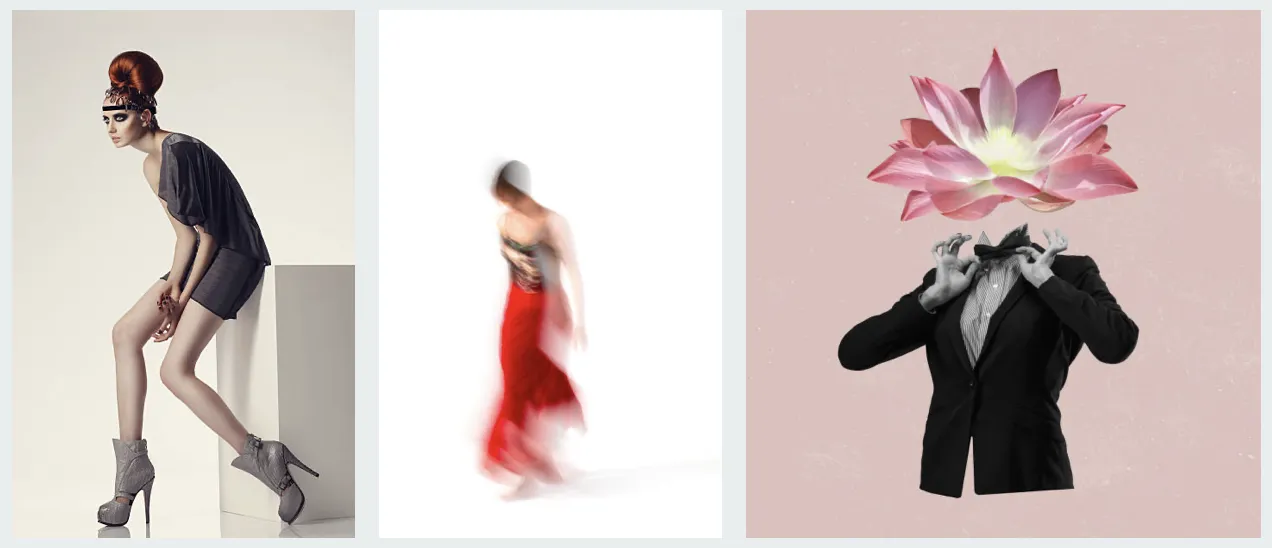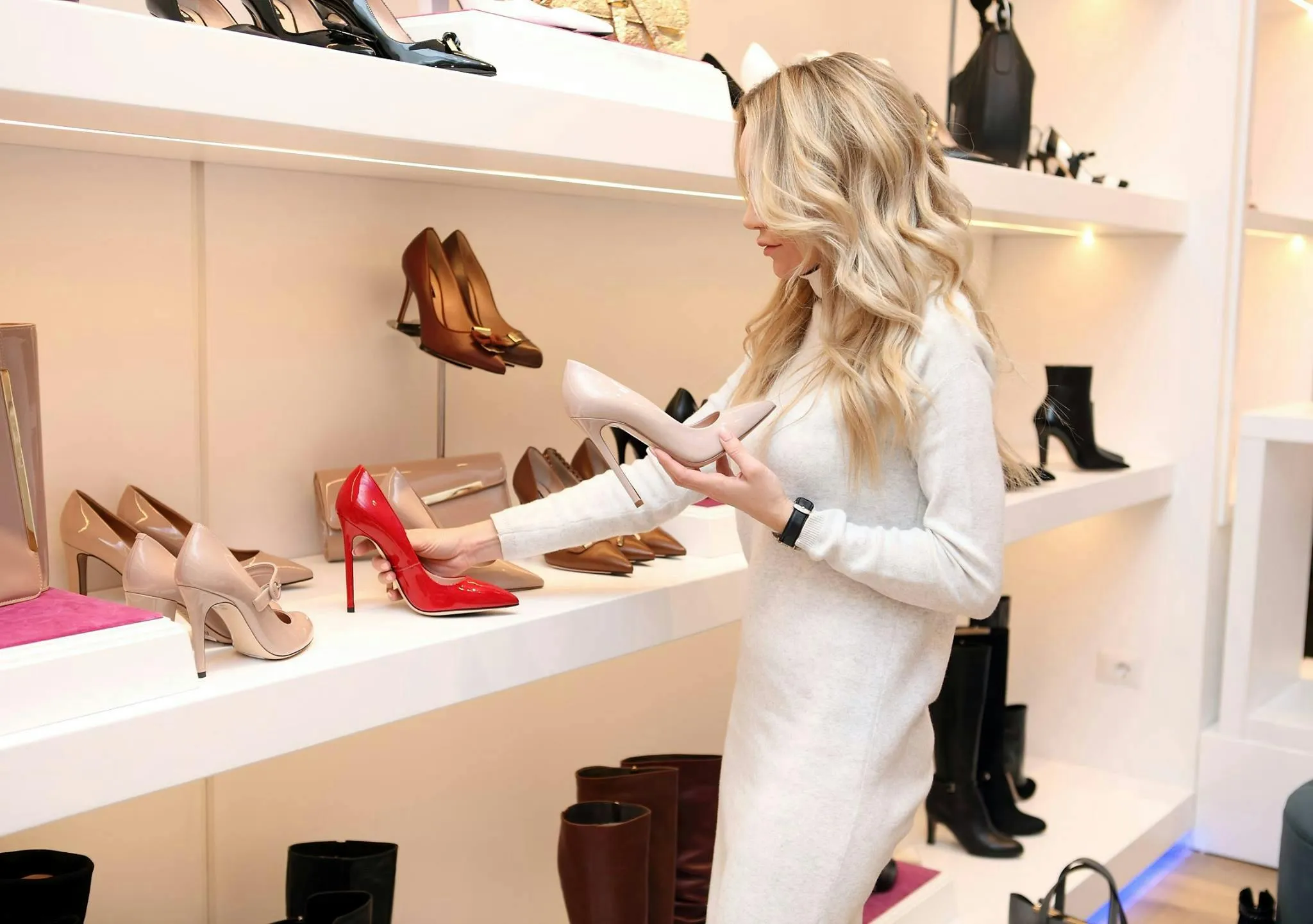The Ultimate Guide to Footwear: Types, Trends, and Buying Tips
Footwear is more than just a fashion statement—it’s a fundamental part of our everyday lives. From the moment we wake up to the time we go to bed, the right pair of shoes can influence our comfort, health, style, and confidence. Whether you’re heading to the gym, attending a formal event, or simply running errands, having the perfect pair of shoes is essential.
In this comprehensive guide, we’ll walk through the different types of footwear, the latest footwear trends, how to choose the right shoes for every occasion, and expert tips for maintaining them.
What Is Footwear?
Footwear refers to garments worn on the feet, typically for protection, comfort, hygiene, and fashion. The term encompasses a wide range of products, including shoes, sandals, boots, slippers, and athletic shoes. Over the centuries, footwear has evolved dramatically from basic foot coverings to highly engineered pieces of design and functionality.
Importance of Footwear in Daily Life
Many people underestimate the importance of wearing proper footwear. Good shoes can:
Improve posture and balance
Prevent foot and ankle injuries
Enhance athletic performance
Express personal style
Protect from weather conditions and rough terrains
Wearing the wrong footwear, on the other hand, can lead to problems like blisters, back pain, bunions, and long-term orthopedic issues.
Types of Footwear
1. Casual Shoes
Casual shoes are perfect for everyday wear. They’re comfortable, lightweight, and designed for long-term use. Common types include:
Loafers
Sneakers
Boat shoes
Espadrilles
Keywords: casual shoes, comfortable footwear, everyday shoes, sneakers for men, sneakers for women.
2. Formal Footwear
For professional and formal settings, nothing beats a well-polished pair of formal shoes. These are typically made of leather, feature a sleek design, and prioritize appearance.
Men often wear Oxford shoes, Derbies, and Monk straps, while women may opt for pumps, ballet flats, or kitten heels.
Keywords: formal shoes, leather shoes, office shoes, dress shoes, professional footwear.
3. Athletic Footwear
Also known as sports shoes, these are engineered to support performance during physical activities. The right athletic footwear provides cushioning, arch support, and traction.
Popular categories include:
Running shoes
Training shoes
Tennis shoes
Basketball sneakers
Hiking boots
Keywords: athletic shoes, running shoes, gym shoes, sports footwear, performance shoes.
4. Boots
Boots are versatile and durable. They offer extra ankle support and are ideal for colder months or rugged conditions.
Types include:
Chelsea boots
Combat boots
Ankle boots
Snow boots
Work boots
Keywords: winter boots, leather boots, ankle boots, waterproof boots, stylish boots.
5. Sandals and Slippers
Lightweight and breathable, sandals and slippers are perfect for warm weather and indoor use.
Popular types:
Flip-flops
Slides
Birkenstocks
House slippers
Keywords: summer sandals, flat sandals, beachwear, indoor slippers, comfortable sandals.
Footwear Trends in 2025
The footwear industry continues to innovate, blending fashion with function. Here are the top trends dominating 2025:
1. Sustainable Footwear
Consumers are shifting toward eco-friendly shoes made from recycled materials, organic cotton, and vegan leather.
Keywords: sustainable shoes, eco-friendly footwear, vegan shoes, recyclable sneakers.
2. Chunky Sneakers
Inspired by 90s fashion, chunky sneakers are back and bigger than ever. They offer a bold style statement while maintaining comfort.
Keywords: chunky sneakers, dad shoes, retro trainers, high-platform sneakers.
3. Minimalist Design
Clean, simple lines with neutral tones are trending in both casual and formal footwear categories.
Keywords: minimalist shoes, sleek footwear, neutral-tone shoes, everyday wear.
4. Tech-Integrated Footwear
Smart shoes with fitness tracking, temperature control, or pressure sensors are making their way into the mainstream.
Keywords: smart shoes, tech footwear, fitness tracking shoes, innovative sneakers.
How to Choose the Right Footwear
Selecting the right footwear isn’t just about style—it’s about fit, function, and purpose. Here's a breakdown of how to choose shoes wisely:
1. Know Your Foot Type
Are you flat-footed, high-arched, or neutral? Knowing your foot shape helps in choosing shoes that offer the right support.
2. Measure Your Feet Regularly
Foot size can change over time due to aging, weight gain, or medical conditions. Always try on both shoes and walk around before buying.
3. Match the Shoe to the Activity
Wear athletic shoes for sports, formal shoes for meetings, and boots for outdoor work. Never compromise on functionality for looks.
4. Check Material and Build Quality
Look for high-quality materials like genuine leather, breathable mesh, or water-resistant synthetics depending on your needs.
5. Try Shoes in the Evening
Feet tend to swell throughout the day. Trying shoes in the evening gives a more accurate fit.
Keywords: how to choose shoes, best shoes for walking, foot support shoes, proper footwear tips.
Footwear for Different Occasions
Let’s take a look at the ideal types of footwear for various settings:
| Occasion | Ideal Footwear |
|---|---|
| Business Meeting | Leather Oxfords, Pumps |
| Casual Outing | Sneakers, Loafers |
| Beach Vacation | Flip-flops, Sandals |
| Hiking or Camping | Waterproof Hiking Boots |
| Wedding or Gala | Heels, Patent Leather Dress Shoes |
| Gym or Sports | Running Shoes, Training Sneakers |
| Cold Weather | Insulated Boots, Fur-lined Shoes |
Keywords: footwear for events, shoes for weddings, best hiking boots, travel shoes.
Caring for Your Footwear
Proper shoe care extends the lifespan of your favorite pairs. Here are some essential tips:
Clean your shoes regularly using the appropriate cleaner for the material.
Use a shoe tree to maintain shape.
Rotate your footwear to avoid wearing the same pair every day.
Keep them dry to prevent mold or odor.
Condition leather shoes to prevent cracking.
Store in a breathable bag or rack away from direct sunlight.
Keywords: shoe care tips, how to clean shoes, leather shoe maintenance, shoe storage ideas.
Footwear and Health
Wearing improper footwear can lead to several health issues:
Plantar fasciitis
Shin splints
Lower back pain
Knee problems
Poor posture
Investing in orthopedic shoes or custom insoles can be life-changing for people suffering from chronic foot or joint pain.
Keywords: healthy footwear, orthopedic shoes, foot pain relief shoes, arch support.
Final Thoughts
Footwear is not just about aesthetics—it’s about making the right choice for comfort, health, and confidence. With an array of styles, technologies, and materials available today, there's never been a better time to invest in the right pair of shoes for every occasion. Whether you’re chasing fashion trends or prioritizing function, the world of footwear offers something for everyone.
Before your next purchase, remember to consider your foot shape, the intended activity, and the quality of materials. Take care of your shoes, and they’ll take care of you.
Frequently Asked Questions (FAQs)
1. What are the most comfortable shoes for everyday wear?
Sneakers with good arch support and cushioning, such as Nike Air Max, New Balance 990, or Allbirds, are excellent for daily use.
2. How do I know if I need orthopedic footwear?
If you experience chronic foot, knee, or back pain, or if you have flat feet or plantar fasciitis, consult a podiatrist to see if orthopedic shoes are right for you.
3. How often should I replace my shoes?
For athletic shoes, it’s recommended to replace them every 300–500 miles or when you notice reduced support and cushioning.





















